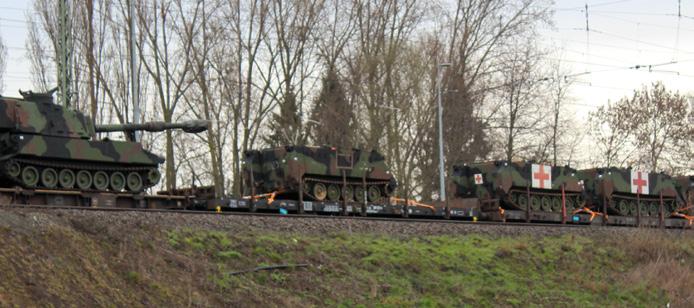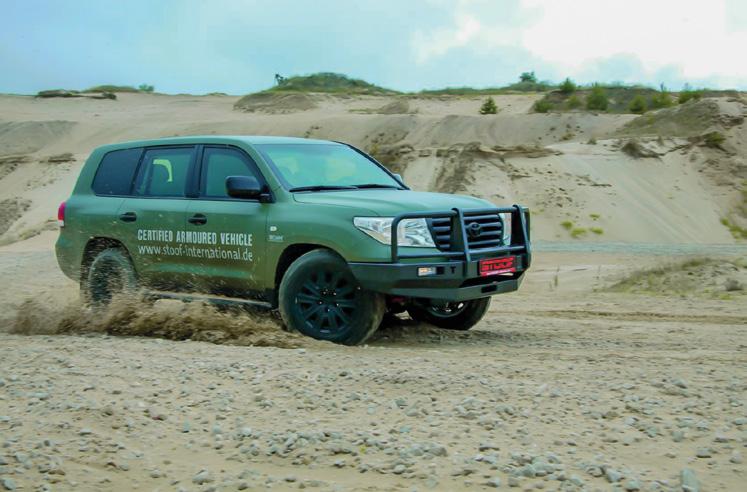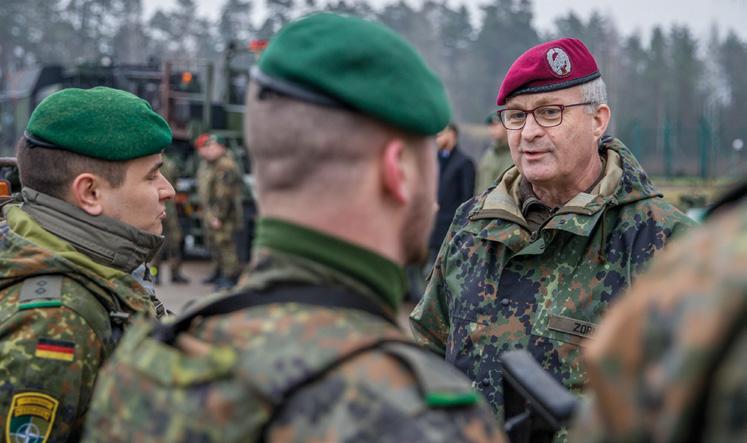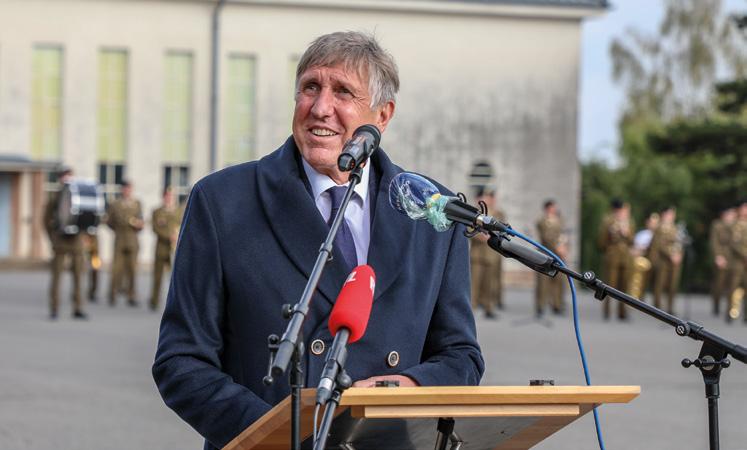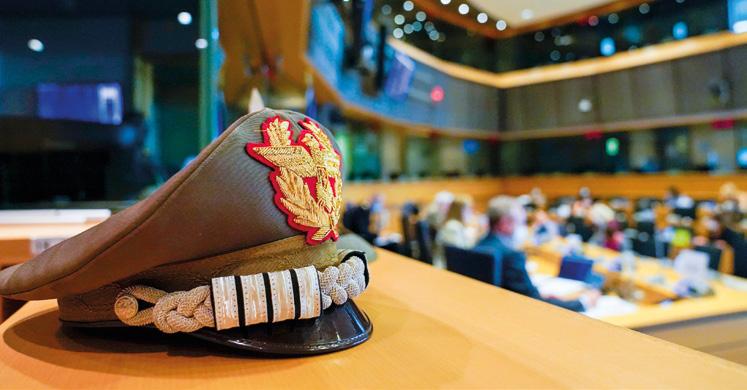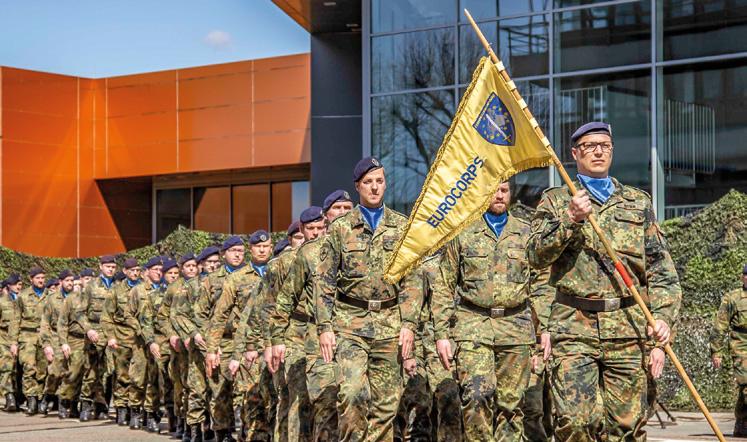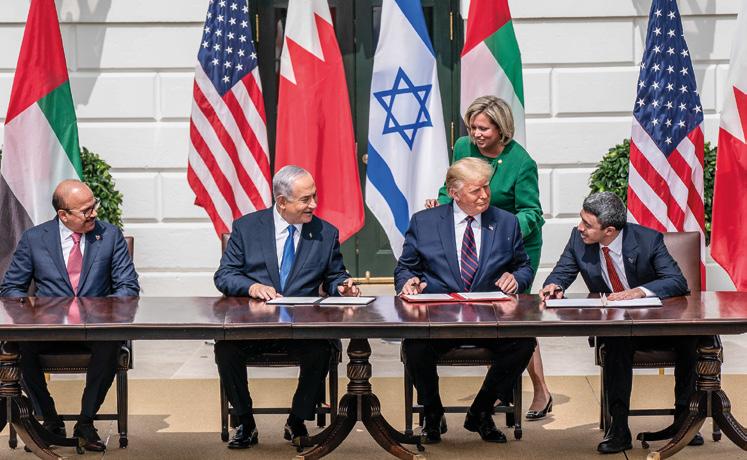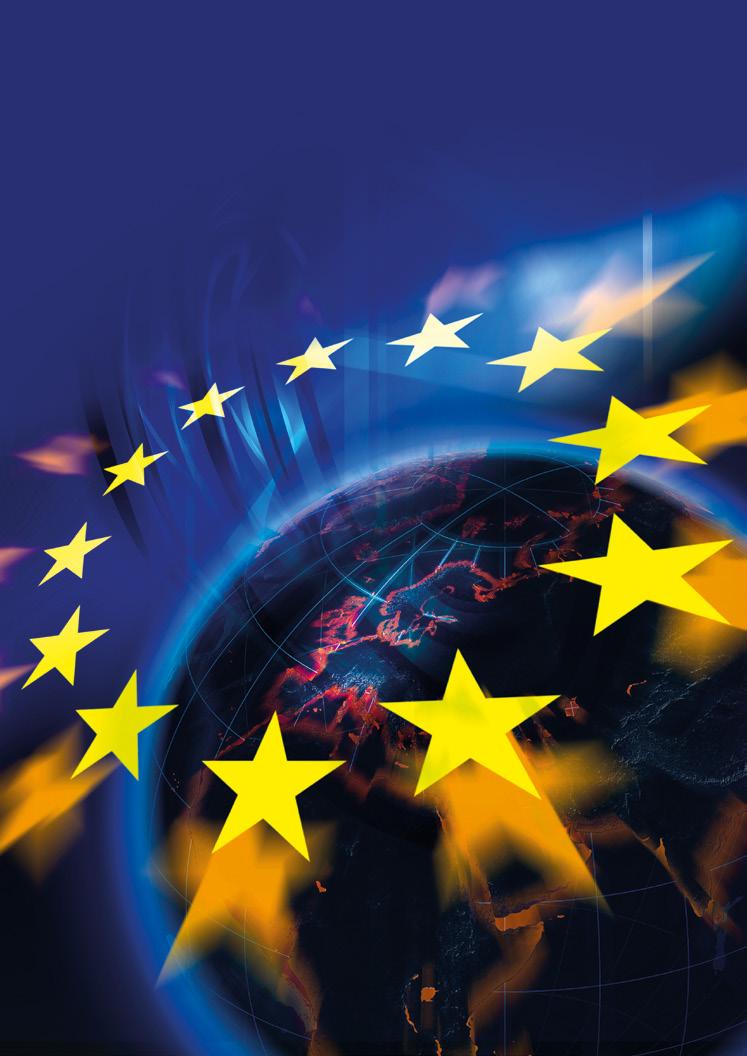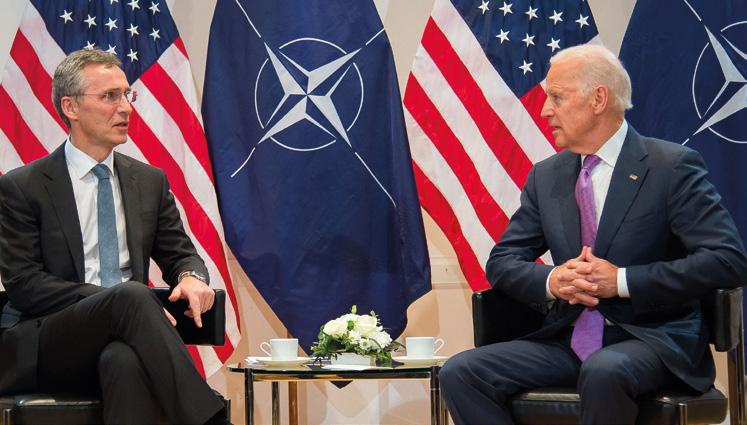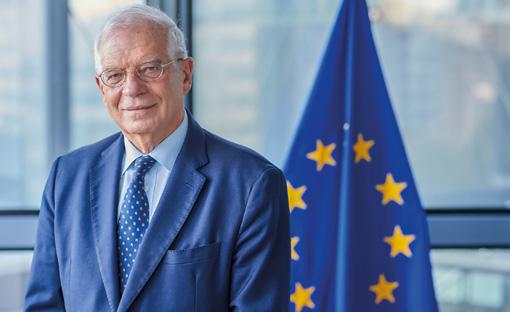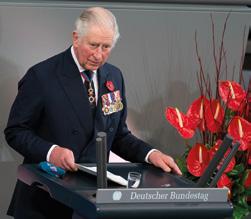THE EUROPEAN – SECURITY AND DEFENCE UNION
The idea of a European army remains... an idea
photo: Eurocorps
European defence forces versus European army
by Frédéric Mauro, Associate Research Fellow at IRIS, Lawyer at the bar of Brussels
T
he need for a common defence of the European Union has been acknowledged since the early 1990s, when European leaders realised that they were unable to stop a genocide “two hours by plane from Paris”. Since the Treaty of Nice in 2001, the “progressive framing” of this common defence became so necessary that it was introduced under the Common Security and Defence Policy (CSDP) in the Union’s positive law. The necessity for such a defence became so obvious in the mid2010s, with the increase of threats and the questioning of the solidity of the transatlantic alliance, that the concept of a European strategic autonomy was pushed into the spotlight. Can the Union – as a commercial superpower – survive without being able to defend itself in the face of great powers playing Member States against each other, as Julius Caesar did with the Celtic tribes?
The EU is unable to defend itself So, Member States agree on the principle of a common defence, whether they like it or not, but until now they have all decided that it could only be an aggregation of the European (national) defence forces. That is why the Treaty of Lisbon mentions an intriguing “operational capacity drawing on civilian and military assets” (article 42.1 TEU), being made clear that those assets “shall be made available to the Union by the Member States” (article 42.3). It is worth noting that the words “operational capacity” echo the “capacity for autonomous action” of the Franco-British declaration of Saint-Malo (1999) and have been carefully chosen to avoid mentioning
28
a European army, explicitly stated in Nice in December 2000: “developing this autonomous capacity (…) does not involve the establishment of a European army”.1 22 years after Saint-Malo, the fact is that the EU, as such, does not have any military capacity for autonomous action in the field of crisis management, not to speak of collective defence. In 2016, in the wake of the Global Strategy, European leaders agreed on a common “military level of ambition asserting that the Union must be able to protect itself and its citizens”. Today, we know unequivocally that the EU is unable to defend itself.2 The headline goals agreed at the Helsinki summit in 1999 for the EU to be able to assemble and project a military force of 60,000 troops (an army corps) is still unachieved. The Member States enrol 1,5 million men and women in national uniforms and thus it would be reasonable to increase the ambition from battle groups to brigades.3 Nowadays, the EU would be unable to launch successful crisis management operations such as Concordia and Artemis as it did in 2003.
European army – words in the wind This blatant failure led Juncker and others (Merkel and Macron in 2018) to call for a “European army” in 2015, finding some resonance with public opinion if we give credit to the polls that suggest, one after the other, massive support of European citizens in favour of the idea. The problem is that this idea remains… an idea; nothing more than words in the wind. National establishments, intermediary bodies and all individuals with a vested interest – military, diplomats, industrials, politicians – are in their vast majority against this idea for all sorts of reasons including sheer nationalism, unmanly conformism


